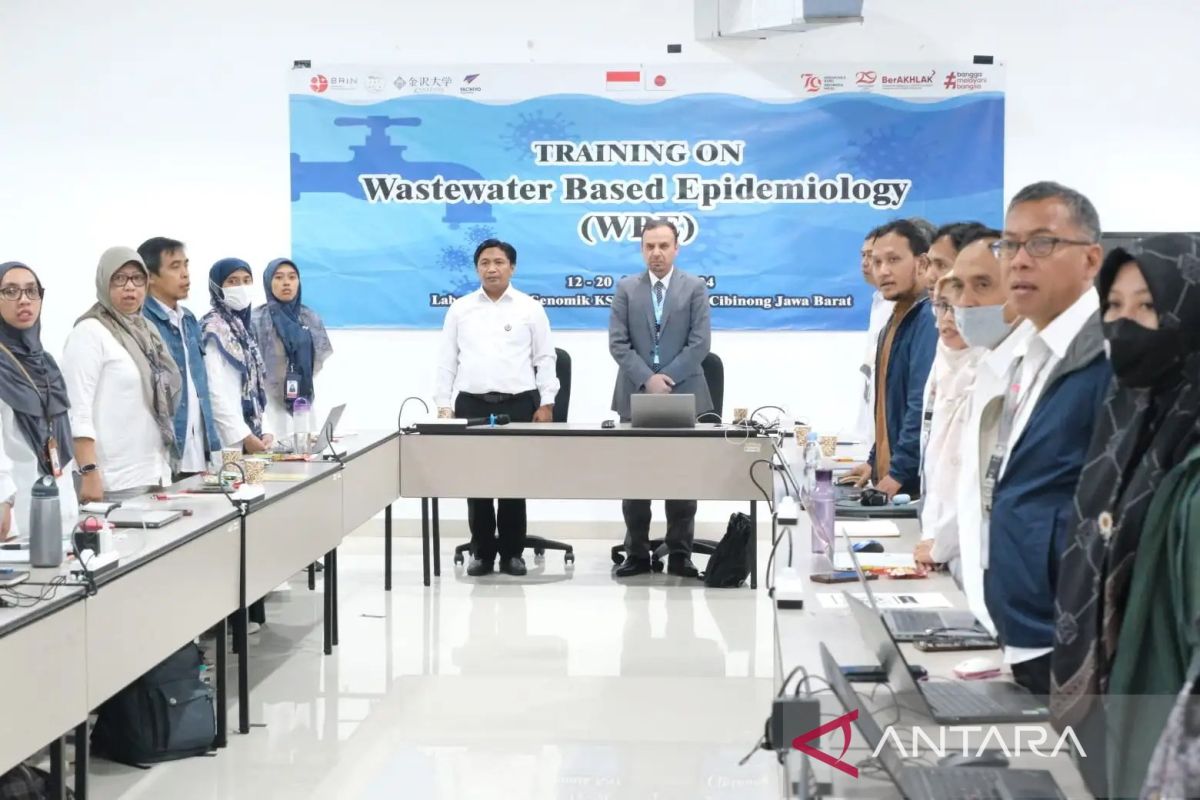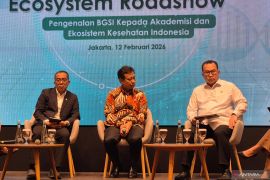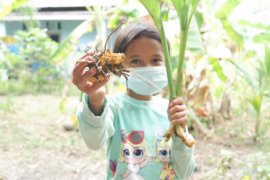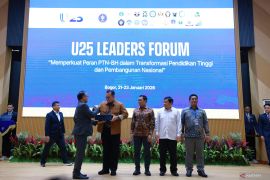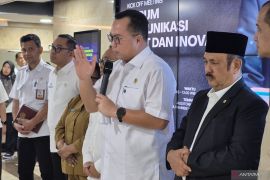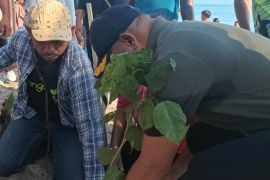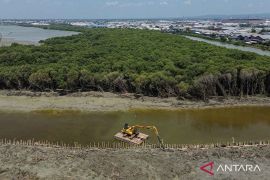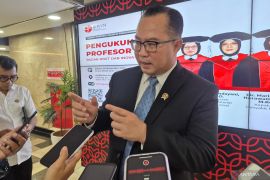Indonesia's National Research and Innovation Agency (BRIN) is collaborating with Japan's Ministry of Land, Infrastructure, Transport, and Tourism to organize wastewater-based epidemiology (WBE) training in Bogor, West Java, on August 12-20.
According to BRIN's statement received here on Wednesday, the research training activity was also made possible with the support of Japan's Kanazawa University and Yachiyo Engineering Co., Ltd.
"This training is a good opportunity to conduct joint research with the aim of obtaining comprehensive information on public health and the prevention and control of diseases," Head of BRIN's Veterinary Research Center, Harimurti Nuradji, noted in the statement.
He emphasized the importance of Indonesia applying WBE to analyze wastewater with the objective of detecting diseases in a community. In this way, the country will be able to step up its preparedness against a pandemic in a sustainable manner.
"Several countries have applied WBE. However, in Indonesia, this concept has yet to see full implementation. Hence, during this activity, we will learn how to implement it in Indonesia," he pointed out.
Related news: Indonesia seeks collaboration with Japan to improve waste management
Nuradji then explained that the joint training program aims to bolster the capacity of BRIN researchers to conduct an examination by employing the WBE concept and improve their capability of sampling and analyzing obtained data in general.
The official then remarked that the activity is also expected to help Indonesia strengthen its research infrastructures and solidify BRIN's cooperation with relevant stakeholders.
"Hopefully, the results of this training will lead to joint epidemiology research, which, in turn, will support Indonesia's efforts to prevent infectious diseases and counteract potential pandemics in the future," he stated.
Related news: RI, Japan conduct feasibility study on waste handling facilities
According to BRIN's statement received here on Wednesday, the research training activity was also made possible with the support of Japan's Kanazawa University and Yachiyo Engineering Co., Ltd.
"This training is a good opportunity to conduct joint research with the aim of obtaining comprehensive information on public health and the prevention and control of diseases," Head of BRIN's Veterinary Research Center, Harimurti Nuradji, noted in the statement.
He emphasized the importance of Indonesia applying WBE to analyze wastewater with the objective of detecting diseases in a community. In this way, the country will be able to step up its preparedness against a pandemic in a sustainable manner.
"Several countries have applied WBE. However, in Indonesia, this concept has yet to see full implementation. Hence, during this activity, we will learn how to implement it in Indonesia," he pointed out.
Related news: Indonesia seeks collaboration with Japan to improve waste management
Nuradji then explained that the joint training program aims to bolster the capacity of BRIN researchers to conduct an examination by employing the WBE concept and improve their capability of sampling and analyzing obtained data in general.
The official then remarked that the activity is also expected to help Indonesia strengthen its research infrastructures and solidify BRIN's cooperation with relevant stakeholders.
"Hopefully, the results of this training will lead to joint epidemiology research, which, in turn, will support Indonesia's efforts to prevent infectious diseases and counteract potential pandemics in the future," he stated.
Related news: RI, Japan conduct feasibility study on waste handling facilities
Translator: Sean F, Tegar Nurfitra
Editor: Yuni Arisandy Sinaga
Copyright © ANTARA 2024
